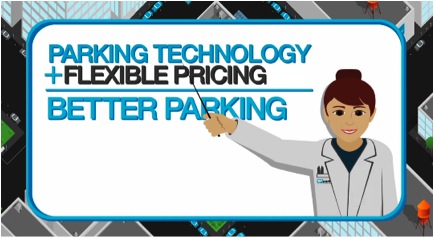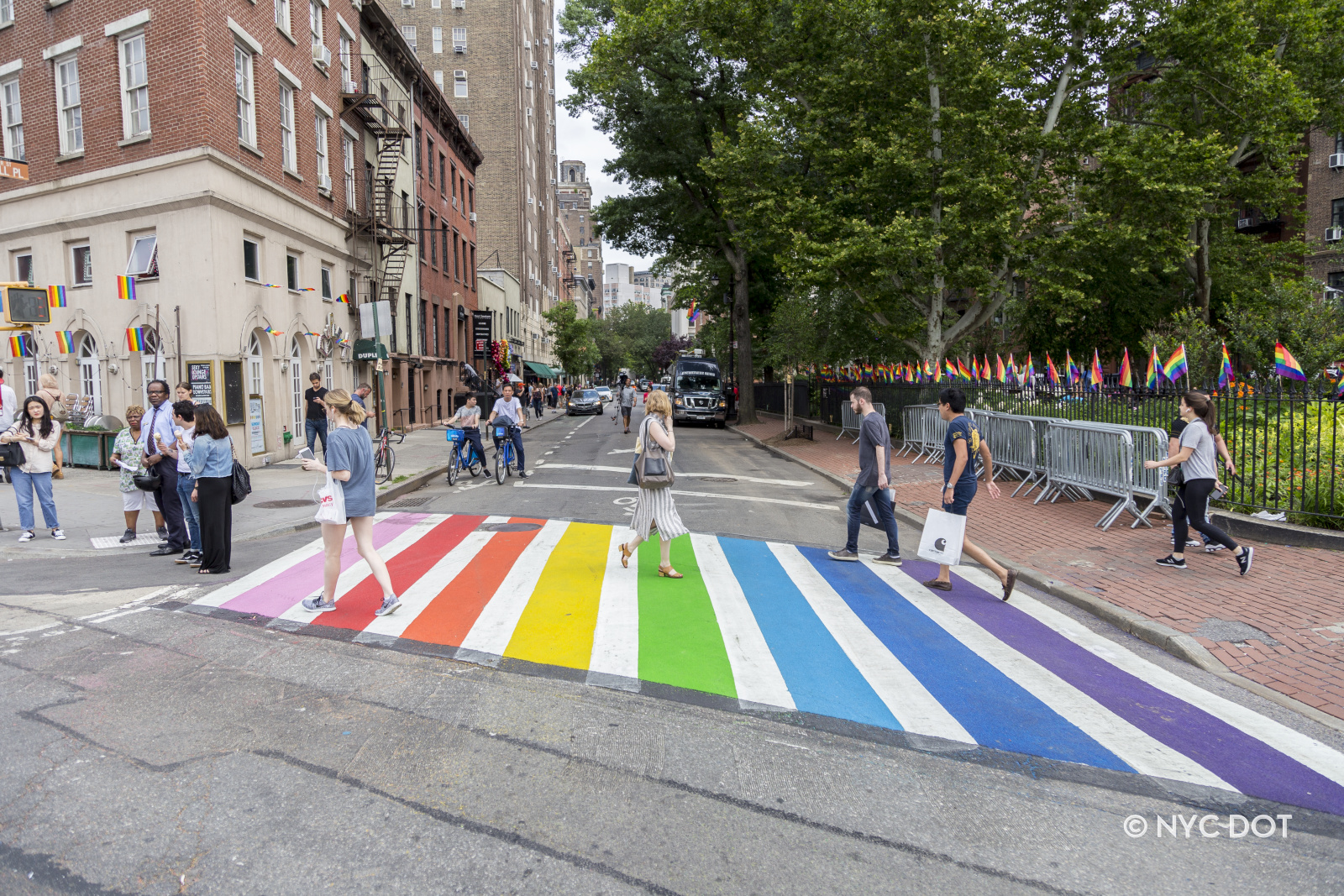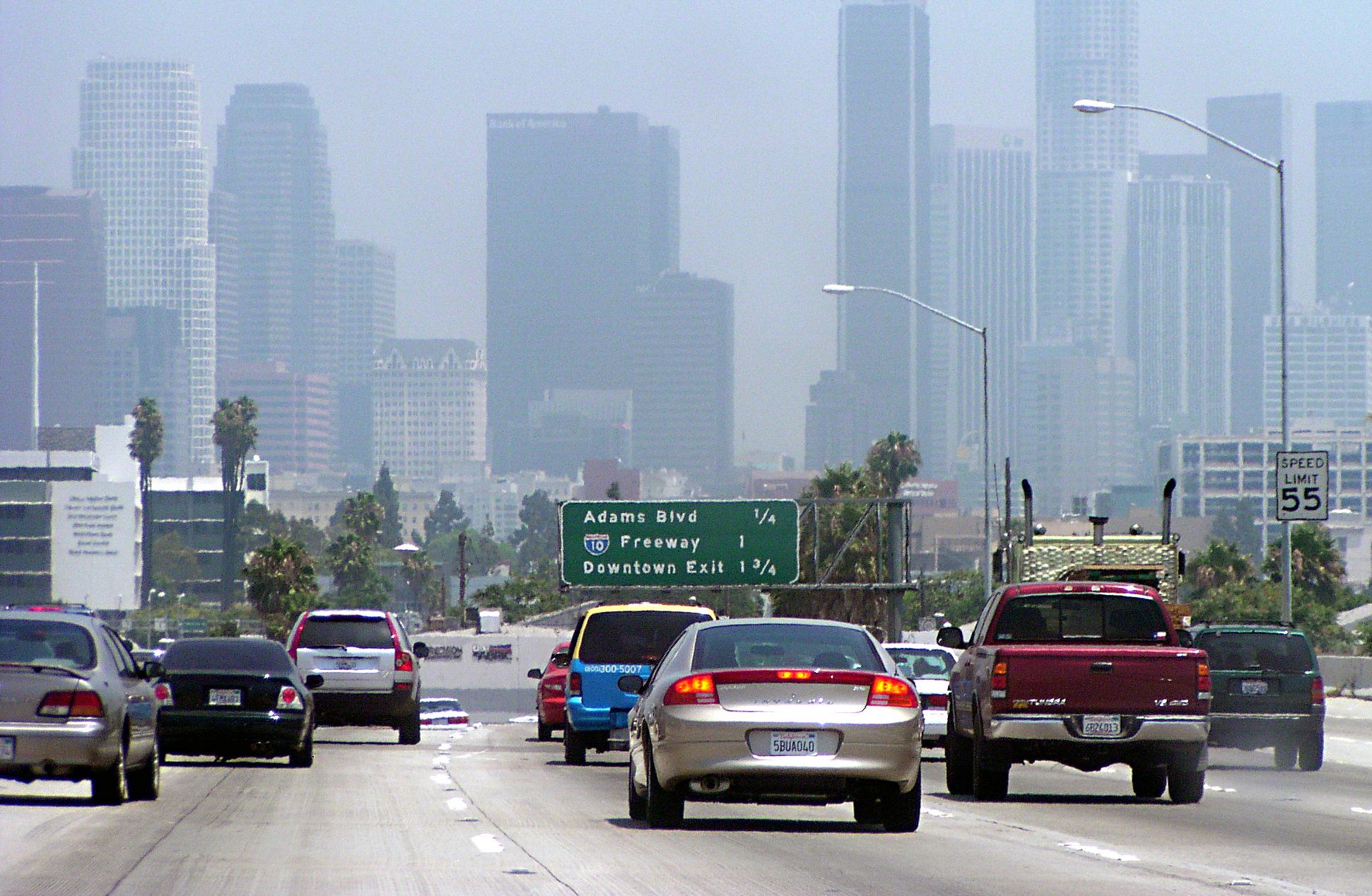As Deron Lovaas said this morning on NRDC’s Switchboard blog, “If recent events are any indicator, it might take Congress a while to agree on a policy that will put our underfunded, inefficient, oil-dependent transportation program on the right track.”

Well now, that’s an understatement.
Between the uncertainty of the supercommittee and the bicameral bickering over the size and length of a bill, the only thing we can be sure of is that we’re heading toward yet another extension of SAFETEA-LU when it expires at the end of next month – if the two parties can agree to even that. Negotiations broke down over a whole lot less recently, when Congress let the FAA shut down over a measly couple million bucks.
But even if it’s a while before we see legislation passed that enacts new policies, there’s a lot the USDOT can do with existing authority to make smarter transportation investments that reduce congestion and carbon emissions. NRDC has documented them in a new report, “Federal Actions to Reduce Energy Use in Transportation” [PDF].
- Dynamic pricing. Fifteen states are participating in the DOTs Value Pilot Pricing Program, which allows states more flexibility in levying tolls and other pricing measures. San Francisco’s innovative new parking pricing system is a fruit of this program. Other variable pricing measures, like congestion pricing, could also help reduce fuel use and pollution, says Lovaas.
- Realism. USDOT should enforce the fiscal constraints of regional long-range transportation plans, being upfront about realistic costs. Lovaas says this will address a “pet peeve” of his and force states to reconsider “costly highway projects that have been on the books forever.”
- Transit benefits. Without further authority, USDOT could expand and promote the transit benefit program, which allows companies to give employees $240 per month in tax-free transit and vanpool benefits. Lovaas says the program is currently run by the IRS without any DOT involvement, and is vastly undersubscribed.
- Reclassify fuel. States and metros can generally only use federal funds for capital expenses, not operating costs. That leads to major maintenance backlogs, even while states invest in shiny new projects (which will then need to be maintained, and won’t be). One solution? Consider fuel a capital cost.
- Energy-efficient modes of transportation. Even without a new bill, USDOT could invest more in public transportation, pedestrian and bicycle infrastructure, and telecommuting. For starters, it could simplify the New Starts process for transit expansion, streamlining environmental review requirements and encouraging public-private partnerships. It could also take on more of the cost-escalation risk of new projects so that the risk doesn’t scare states away from taking on bold new projects, the way New Jersey Gov. Chris Christie used cost escalation as justification for killing the ARC tunnel project.
- Land use. Though NRDC admits that “federal influence here is indirect,” it says the FTA should consider land use among its evaluation criteria when selecting New Starts projects.
Those are just a few of NRDC’s ideas. It’s enough to give transportation reformers a glimmer of hope that, even if an innovative new bill may be a long way off, innovation can keep on going.





